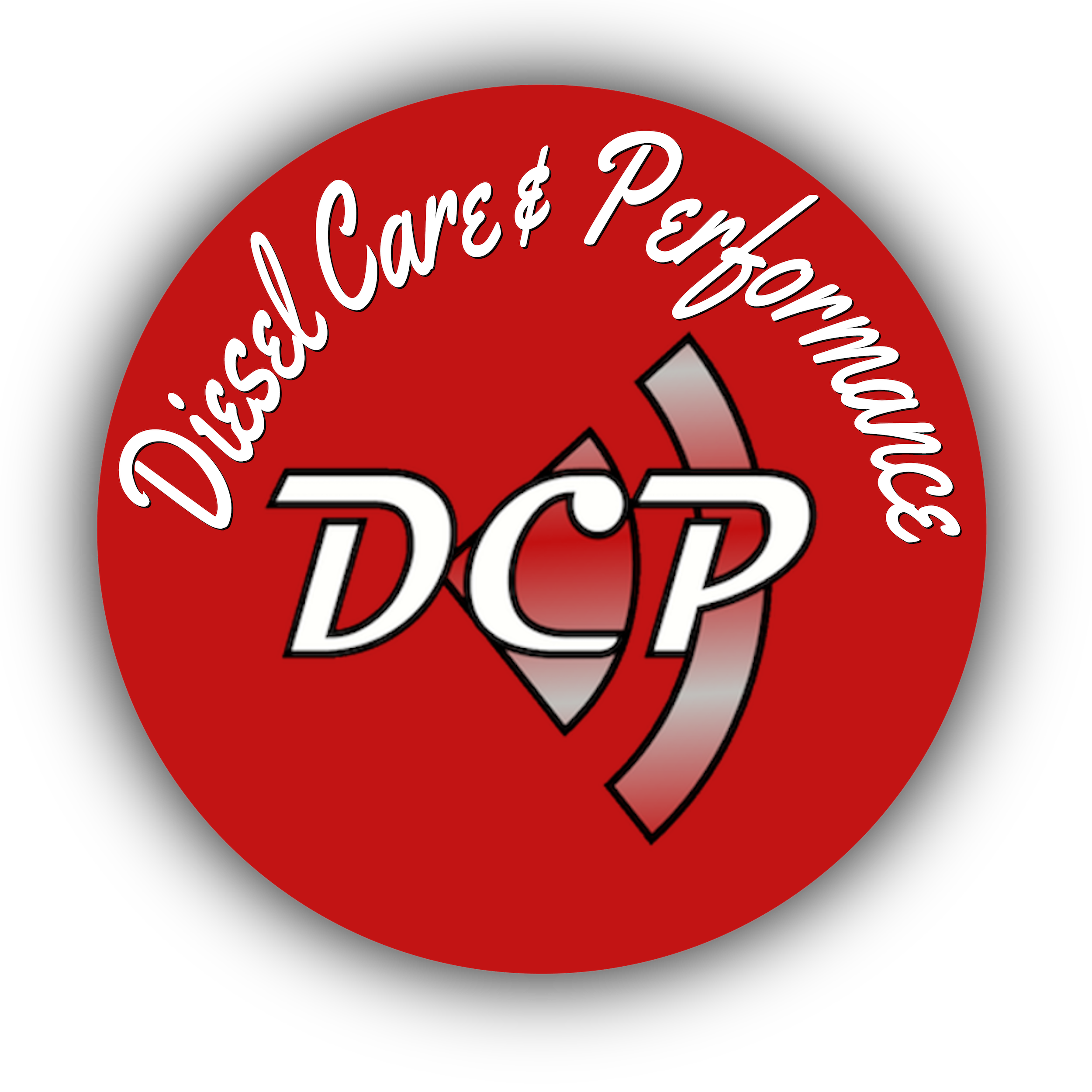As emission standards have tightened in recent years, Diesel Exhaust Fluid (DEF) systems have become a critical component in diesel engines, helping reduce harmful emissions and meet environmental regulations. DEF systems are designed to inject a urea-based fluid into the exhaust stream to break down nitrogen oxides (NOx) into harmless nitrogen and water. While the system is crucial for modern diesel engines, it can also be a source of confusion and frustration for many diesel owners.
In this blog, we’ll explore how DEF systems work, common issues you might encounter, and tips for maintaining your DEF system for optimal performance.
1. How the DEF System Works
Diesel Exhaust Fluid is injected into the exhaust stream of a diesel engine before it passes through the catalytic converter. The heat of the exhaust, combined with DEF, triggers a chemical reaction that converts NOx emissions into nitrogen and water, both harmless substances. This process is critical in reducing the environmental impact of diesel engines, especially those used in heavy-duty trucks and equipment.
- DEF Composition: DEF is a mixture of 32.5% high-purity urea and 67.5% deionized water.
- Injection Process: The DEF is stored in a separate tank and injected into the exhaust stream in precise amounts by the Selective Catalytic Reduction (SCR) system.
- Monitoring System: Sensors in the exhaust and DEF system monitor the fluid levels and ensure the correct amount is injected.
2. Common Issues with DEF Systems
Despite the benefits of DEF systems, diesel owners often face challenges related to the system's maintenance and functionality. Here are some common issues:
DEF Crystallization
One of the most frequent problems diesel owners encounter is DEF crystallization. When DEF is exposed to air for extended periods or at high temperatures, it can form crystalline deposits that clog the injection system.
- Symptoms: Reduced engine power, warning lights, or a failure of the SCR system.
- Solution: Regular cleaning of DEF tanks and injection nozzles can help prevent crystallization. It’s also essential to avoid letting DEF sit in the tank for too long, especially in warmer climates.
Contaminated DEF
Using low-quality DEF or exposing it to contaminants can cause the system to malfunction. DEF should always be handled carefully, and only high-purity products should be used.
- Symptoms: Check engine lights, engine derating, or failure to meet emissions standards.
- Solution: Only use DEF that meets ISO 22241 standards and store it in clean, airtight containers to prevent contamination.
DEF Freezing
Since DEF is mostly water, it can freeze in extremely cold temperatures. When DEF freezes, the system cannot inject it into the exhaust stream, which may prevent the engine from starting or reduce engine performance.
- Symptoms: Reduced engine power or inability to start the engine in cold weather.
- Solution: Most modern diesel vehicles are equipped with heating elements in the DEF tank and lines that thaw the fluid when the engine is started. Ensure these heating elements are functioning correctly during cold months.
DEF Pump or Injector Failure
Like any mechanical component, the DEF pump or injector can fail over time due to wear and tear or improper maintenance. A malfunction in these components can cause the entire SCR system to fail, leading to emissions issues and engine derating.
- Symptoms: Emission system warnings, engine derating, or reduced performance.
- Solution: Regular inspections of the DEF pump and injector can help detect early signs of failure. Replace any worn or malfunctioning components before they lead to larger issues.
3. DEF System Maintenance Tips
Maintaining your DEF system is essential for keeping your diesel engine compliant with emissions standards and running smoothly. Here are some key maintenance tips:
Use High-Quality DEF
Always use DEF that meets ISO 22241 standards to ensure it is free from impurities that could damage your SCR system. Avoid using DEF that has been stored in unsealed containers or exposed to contaminants.
Monitor DEF Levels
Modern diesel vehicles will alert you when DEF levels are low, but it’s important to keep an eye on the gauge regularly. Running out of DEF can cause your engine to derate or shut down entirely until the tank is refilled.
Keep Your DEF System Clean
Regularly inspect and clean the DEF tank, nozzles, and injection lines to prevent clogging or contamination. Cleaning is especially important if you notice crystallization or suspect contamination.
Perform Regular System Checks
Include DEF system checks as part of your regular maintenance routine. Inspect the heating elements, sensors, and injectors to ensure they are functioning properly.
4. When to Service or Replace the DEF System
Despite regular maintenance, some components of the DEF system may eventually need to be serviced or replaced. Pay attention to warning lights or error codes related to the emissions system, as these could indicate a more serious issue that needs professional attention.
- Signs You May Need Service: Persistent check engine lights, excessive crystallization, repeated contamination, or failure of heating elements.
- Replacement Parts: Diesel Care and Performance offers a wide range of replacement parts for DEF systems, including injectors, pumps, and sensors. Our parts meet the highest quality standards, ensuring your SCR system functions as designed.
5. Conclusion
The DEF system plays a vital role in reducing emissions and keeping your diesel engine compliant with modern environmental regulations. Understanding how it works and maintaining it properly can prevent common issues and keep your vehicle running efficiently.
For more information on DEF system maintenance, troubleshooting, or to purchase replacement parts, visit Diesel Care and Performance. Our team is here to help you maintain your diesel engine for peak performance and reliability.
